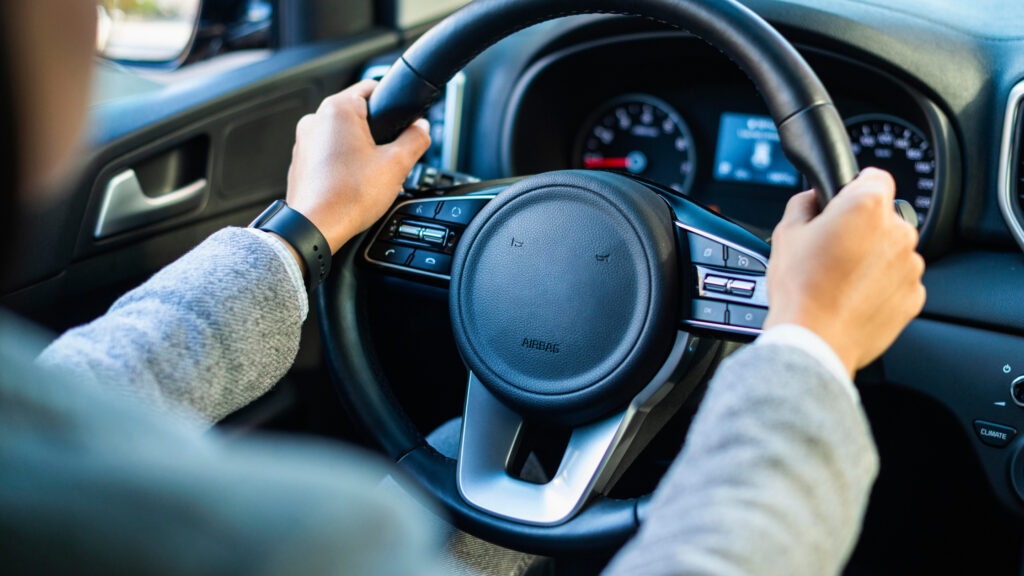What are the reasons your car jerks when accelerating?

When something is wrong with your car, you just know. Especially if you drive it every day, one single thing that seems off will send you wondering if it’s time for a visit to your mechanic. One of them is when your car jerks when accelerating. Obviously, it should not happen and you must locate the cause immediately. Here are some of the likely culprits you should check up on first.
Blockage in the catalytic converter
The catalytic converter’s job is to reduce the pollutant level of your car’s emissions. Over time, a clogged catalytic converter gets inevitable due to various substances like oil and antifreeze, a damaged fuel filter, unburned fuel entering the exhaust systems, and many more. A clogged or jammed catalytic converter can cause your car to jerk when accelerating because of not enough air flowing through the exhaust.
Damaged fuel pipes
For any vehicle to run, the fuel must be transported properly to parts that need it. When this does not happen, a malfunction is likely to appear. Damaged fuel pipes result in a disruption in the transfer of fuel, affecting the engine’s performance and making it hard to accelerate.
Your car jerking isn’t the worst thing that can happen from broken pipes. Fire is what you want to avoid as best you can, also, as major damage to the engine. Damaged fuel pipes can be caused by rat bites or normal wear and tear.
Make it a habit to check your car for leaks, especially if your car has been around for a bit of time. Older cars are more susceptible to faulty lines.
Bad carburetor or fuel injector
Another car part to look at for cases of jerking is the carburetor or the fuel injector. In older cars, what ensures the right proportion of air to fuel is the carburetor. In much newer cars, it is the fuel injectors that take on this job.
When your car engine doesn’t get the right mix of fuel and air, it affects the engine performance and one of the symptoms is jerking. If you suspect air-fuel balance is the issue, check the fuel inlet, throttle lever, and valves as well.
Moisture in the distributor cap
You will find that your car is susceptible to many engine issues when it’s cold. In winter and wet seasons, the culprit for jerking when accelerating could be that moisture has accumulated in the distributor cap.
This distributor cap is a piece of thick plastic that covers the rotor and helps transport the voltage from the coil to the cylinders. When there is moisture accumulated in the distributor cap due to the cold weather, it can cause your engine to misfire when the car is accelerating, hence the jerking.
Remember to park your car in a warm and dry place during the cold seasons to protect the engine from issues like this.
There are many more parts to check in a car when it jerks during acceleration, but it helps to know some of the first parts to check when it happens. Bring your car to the mechanic once your notice a problem to prevent it from developing into major engine damage.